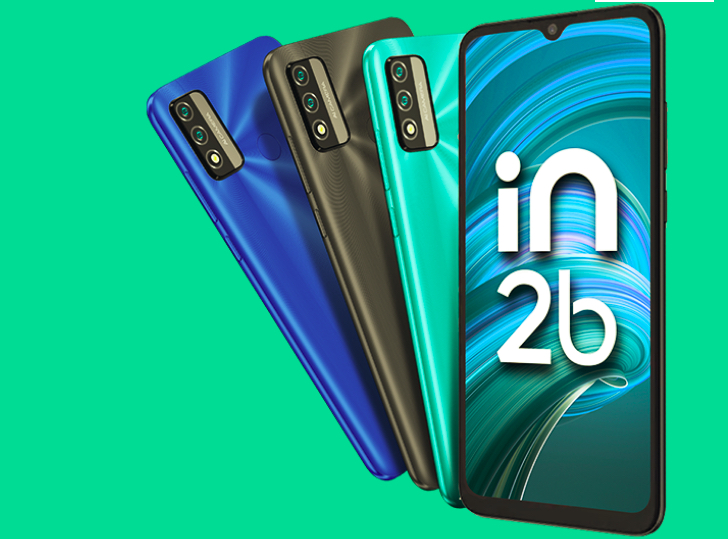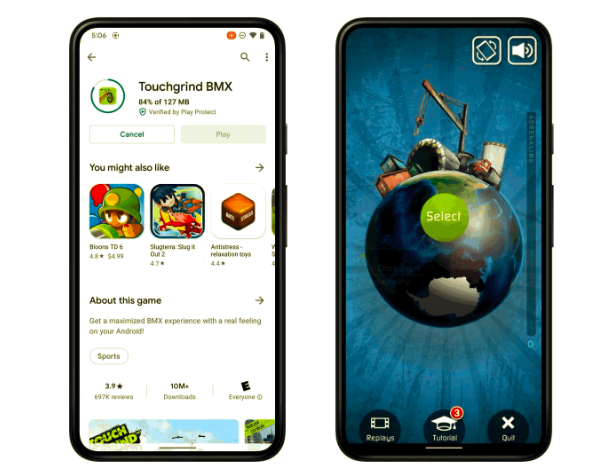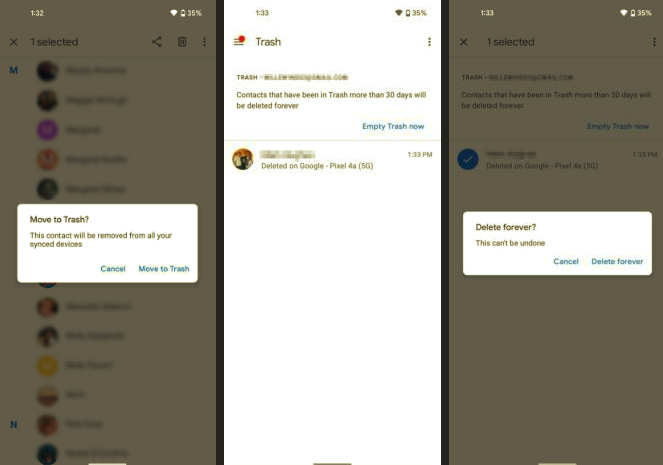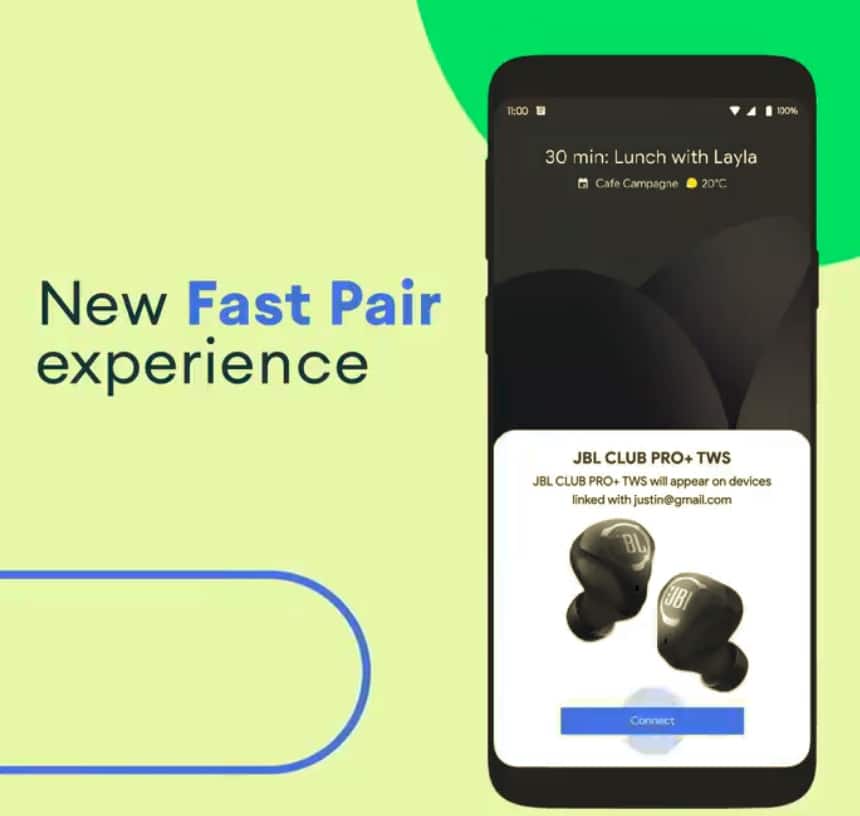
The Science behind it
The method is essentially the same as the one on the Galaxy S5, except that it uses your phone’s camera instead of a separate heart rate sensor. As your heart beats, the capillaries in your fingers contract and dilate causing a change in the way they reflect light. The process is called Photoplethysmography if you want to read about it.
How it works in phones
If you shine a bright light like, say, your phone’s LED flash, on your index, its thin skin becomes slightly transparent making the capillaries and their pulsing detectable. Now if you have a camera nearby, you can take a video of your finger and use a smart algorithm to distinguish the pulses and hence calculate the heart rate. And what do you know, you have both a camera and computational power in your smartphone!
There’s an app for that
Tired catchphrase as it is, it really embodies this situation. And we’re not talking one app, there are hundreds. Just search for “heart rate” on the Play Store and you’ll be surprised by the number. All these apps do is turn on the LED flash and wait for you to cover it and the camera lens with your index. They analyze the data relayed by the camera and determine your heart rate after about 10 seconds.
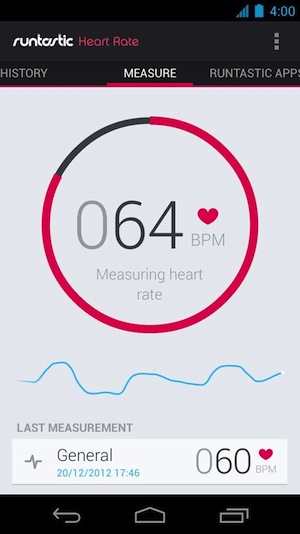
Runtastic Heart Rate’s simple interface
I have personally tried and would recommend Runtastic Heart Rate. It is simple to use with a handy tutorial, it keeps a history of your measurements, distinguishes between various levels of activity — resting, cardio, intense — and can sync your data with the Runtastic cloud so you never lose it. Instant Heart Rate is also quite popular on the Play Store, but it drove me away with its iPhone-like UI.
How accurate is this?
Very accurate. In my own comparisons against manual heart rate measurement, a heart rate chest belt, and a Blood Pressure monitor that also displays the heart rate, I rarely found a difference above 5 beats per minute. The average difference was 2bpm, either higher or lower on the phone, but that is almost insignificant in most cases.
Don’t believe me? Just try it out for yourself on your phone now.
